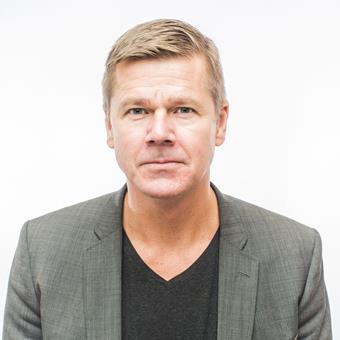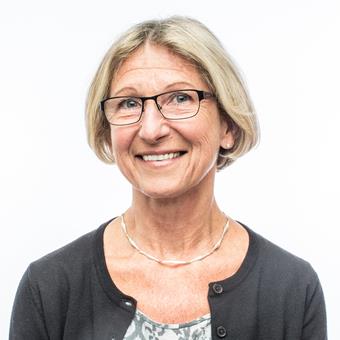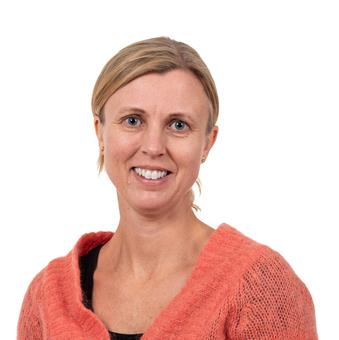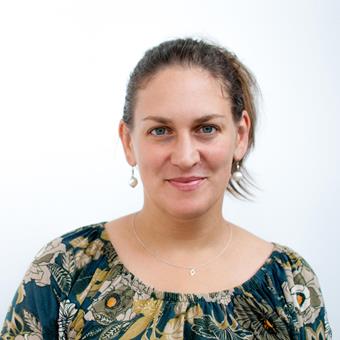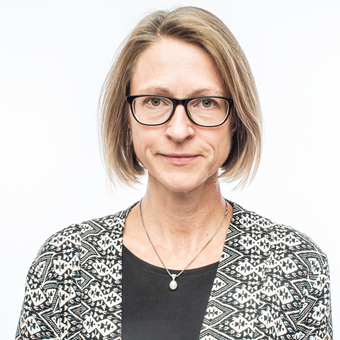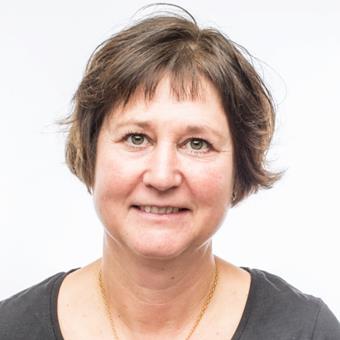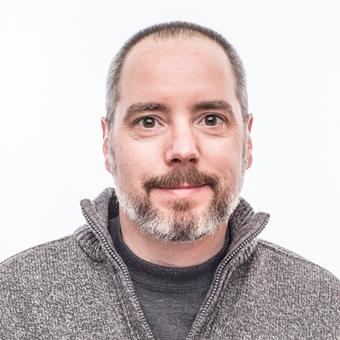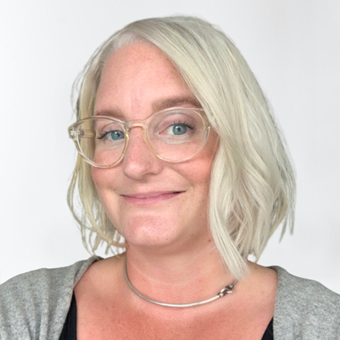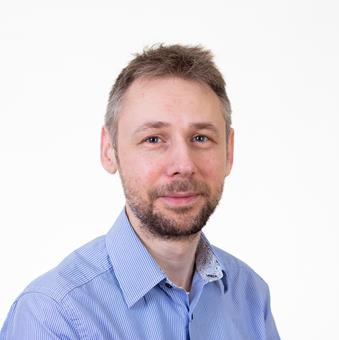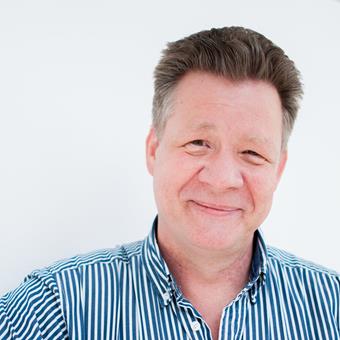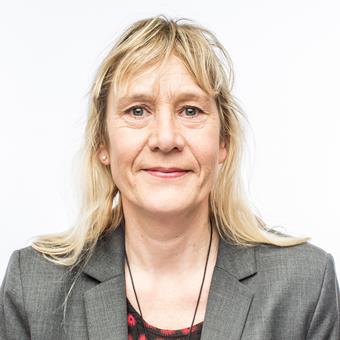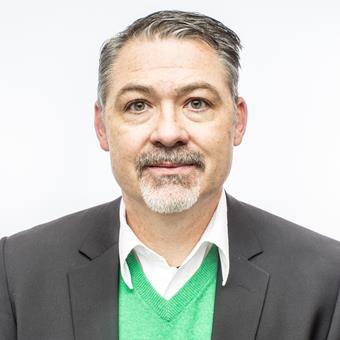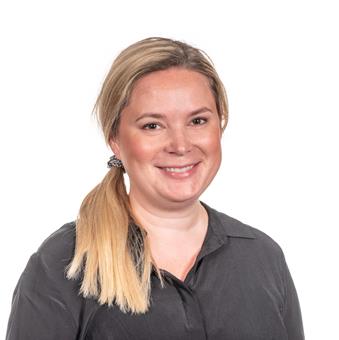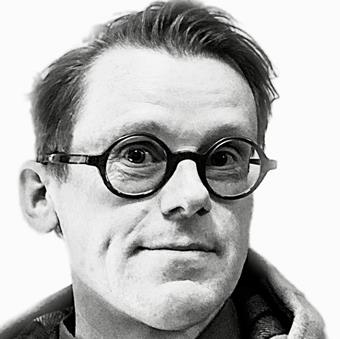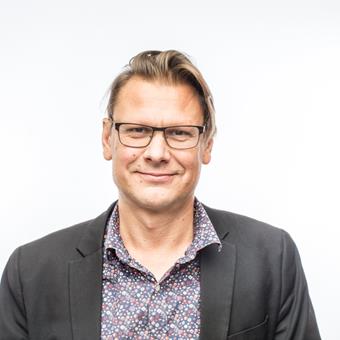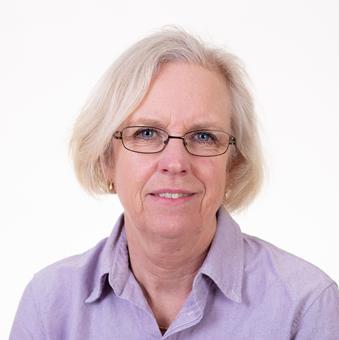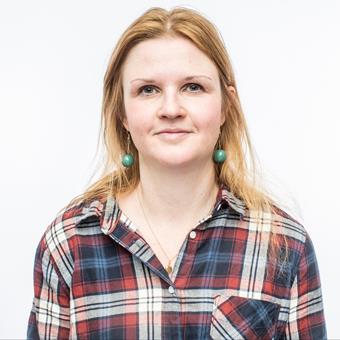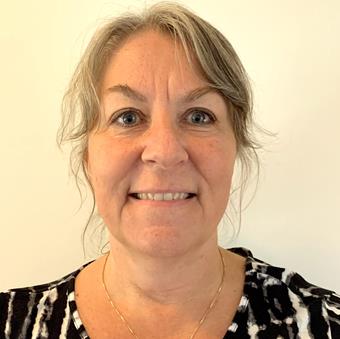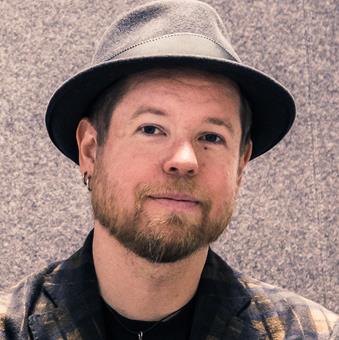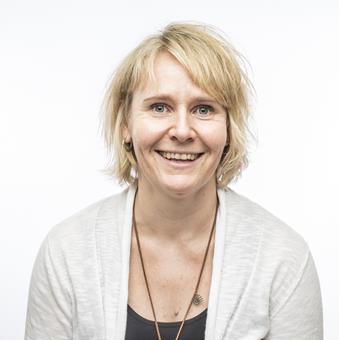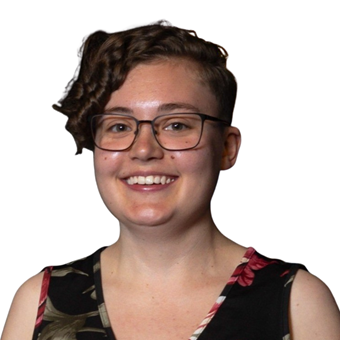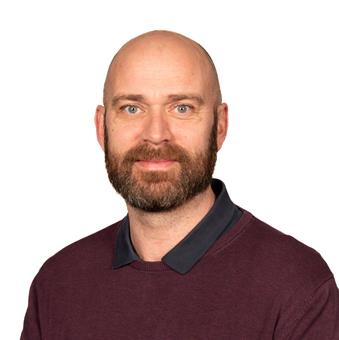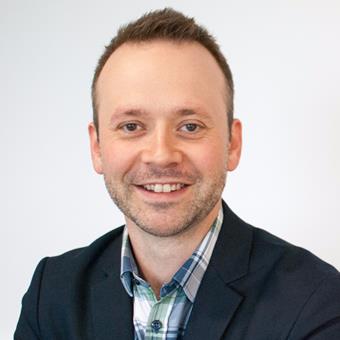Learning and competence development in working life can be achieved in various ways. To find out how it is achieved, we focus on what is learned, in the form of knowledge, competencies or skills, and on how this is done. How can workplace learning be organized and how can it be lead, and what are the relationships between formal and informal learning and between individual and organizational learning? Other foci are managerial work, leadership and health. We also study the significance of gender and gender equality in designing good working conditions for everyone.
Our research also includes studies on change- and development processes and innovations in organizations. We tackle issues connected to development strategies and different work forms in organizations such as networks and partnerships, which are developed to bring about innovation and institutional change. The change- and development processes are studied in an interactive research approach, in which we take part in a joint learning with people in the studied workplaces and organizations.
The relationship between work environment and health, and welfare is also on our research agenda. We study the work environment’s impact on peoples’ health, the influence of norms, and power in the relations between institutions, organizations or professional actors on one-side and clients, patients or caretakers on the other. In addition, we study people on long-term sick leave and their interaction and communication with different facilitators and rehabilitators.
Our research into the labour market and labour market policies includes, for example, norms, social exclusion, and labour market measures. It also includes vocational education and training and students’ learning and transition between school and work.



